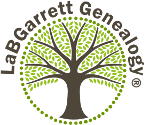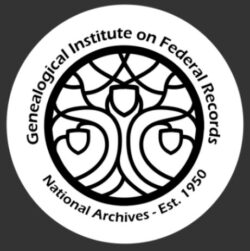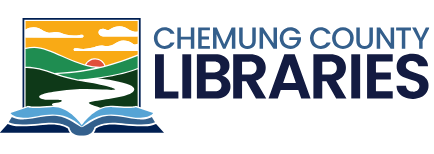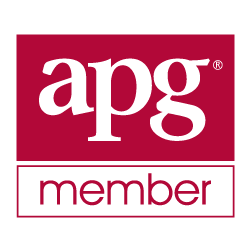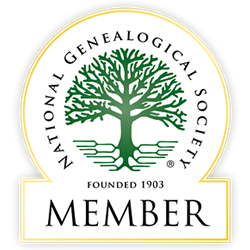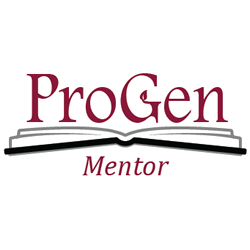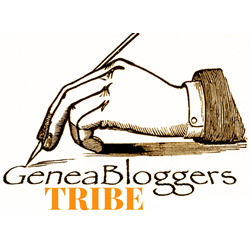
Preserving Your New York Story
Join us as we celebrate a successful first chapter in the “Preserving Your New York Story” series with an in person live-streamed panel discussion! Our genealogists in the series represent expertise in a variety of cultural and geographical areas. Find out more about their professional journeys, what makes research in their fields specific and unique, and take this opportunity to ask the experts your family history questions in real time. Featuring panelists Reem Awad-Rashmawi, Lara Diamond, LaBrenda Garrett-Nelson, and Elizabeth Murray Vargas. Moderated by NYG&B President, D. Joshua Taylor.
